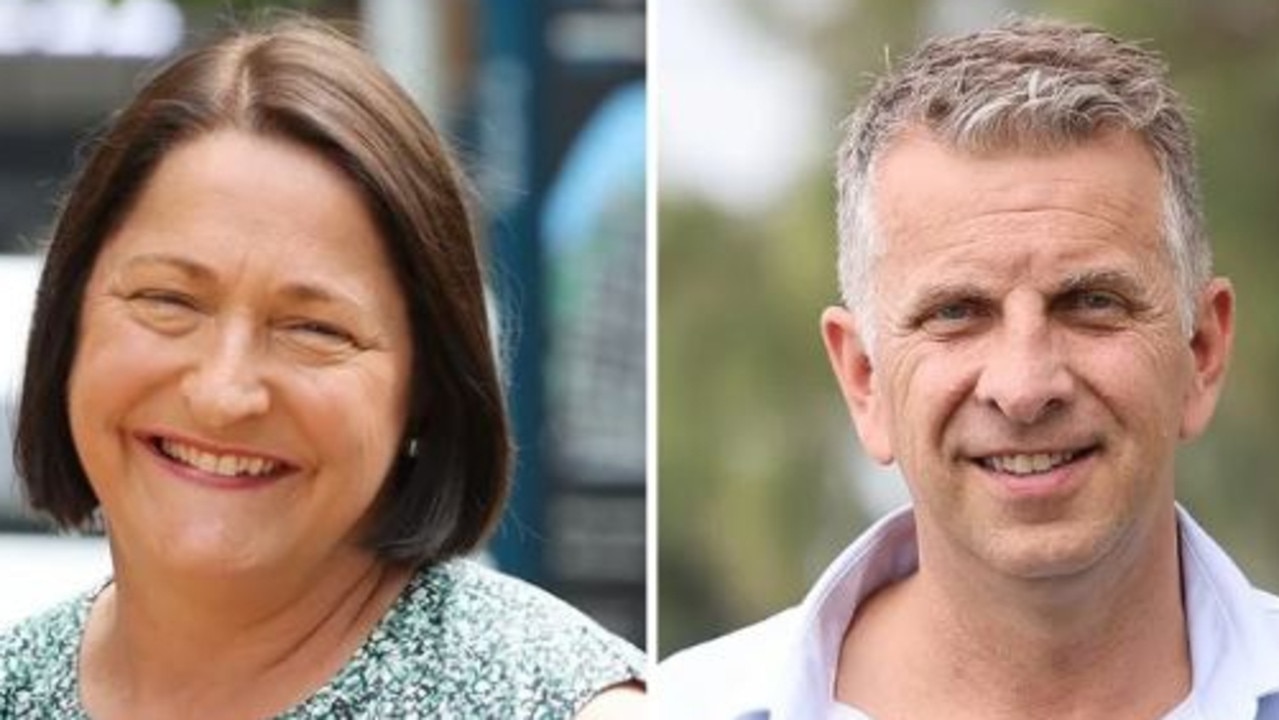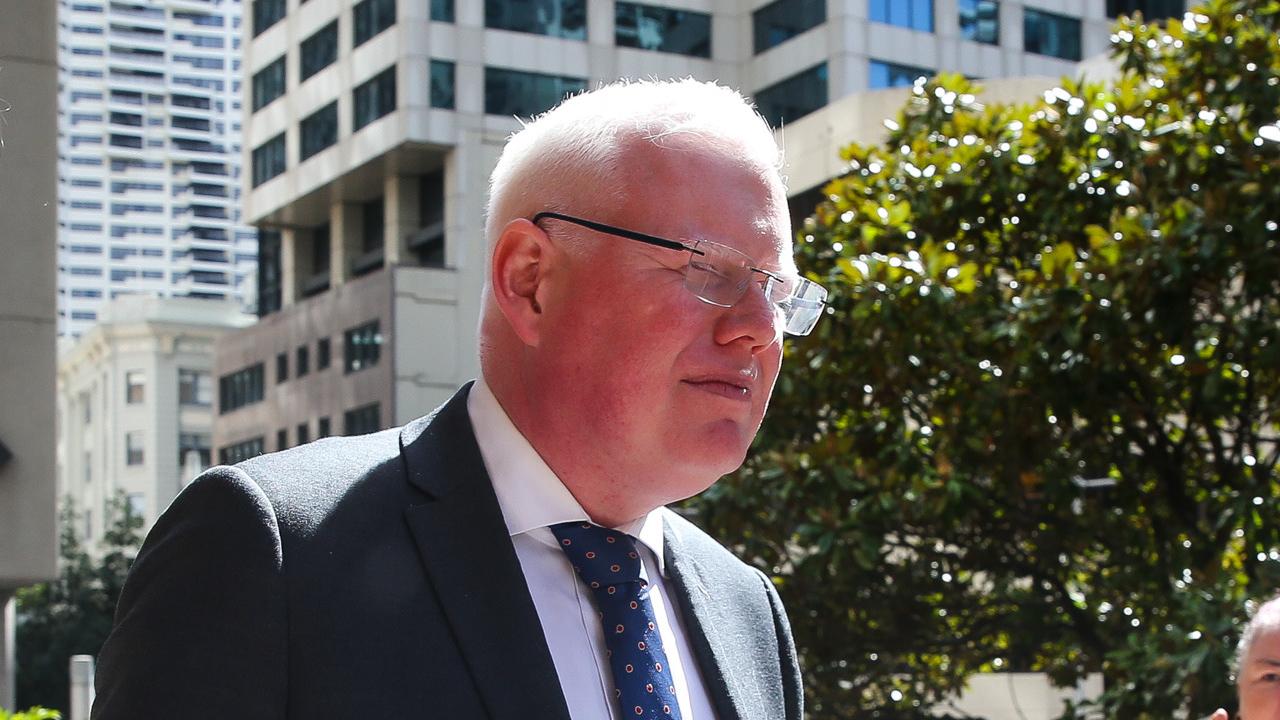Why was south coast woman put on Centrelink cashless debit card?
A wheelchair-bound mother-of-five says her life was turned upside after being placed on Centrelink’s cashless debit card banned from shopping in some places, despite not living in a trial region.
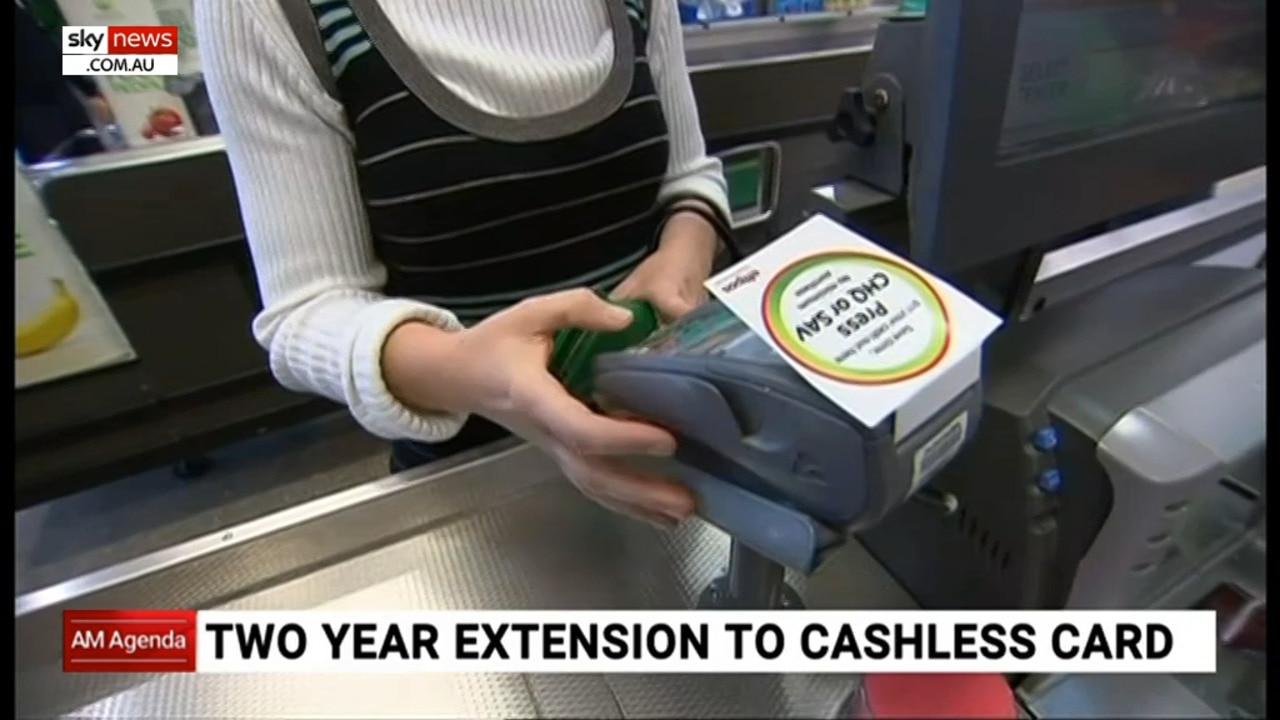
The South Coast News
Don't miss out on the headlines from The South Coast News. Followed categories will be added to My News.
A wheelchair-bound south coast single mum-of-five mistakenly handed a cashless debit card by Centrelink says the almost two-year ordeal nearly ruined her life.
“I was being treated like an alcoholic, drug user with a gambling addiction. The card should be scrapped, it’s not improving lives it’s making them worse,” 32-year-old Bianca, who did not want to reveal her surname, said.
“It is wrong to do this to people. Some women are completely trapped.
“It’s disgusting, people shouldn’t be treated like this.”
In 2017, Bianca moved from Brisbane to her family home in Bundaberg, a trial site for the card, to escape domestic violence, before moving back to Brisbane in 2019 after being unable to find a rental in Sydney.
She said it was around this time she received the card for her parenting payments in the mail from Services Australia, despite not living in a trial area at the time.
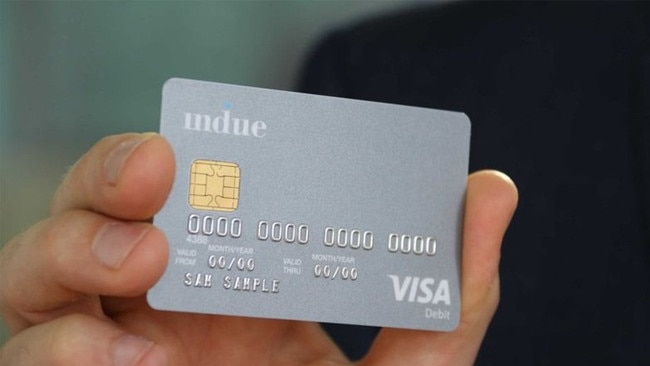
“When I got the card, I called them about an exemption form and I had so many questions,” she said.
Those placed on the card, which acts like a regular bank card, except it cannot be used to buy alcohol or gambling products, some gift cards or to withdraw cash, have 80 per cent of their payments quarantined.
When Bianca, who says she found it difficult to find underwear that fits in normal stores, was told she would have to get approval to buy cheaper bras from online market eBay, due to alcohol being sold on the online marketplace, she says she refused.
“I would’ve had to send pictures of the bras I wanted to a faceless person. I’m vulnerable and I wasn’t comfortable doing that. It felt invasive,” she said.
After submitting an exemption form, she was told it would take three months to process.
She soon moved to Caringbah in Sydney where she was hospitalised after being struck by a car.
In hospital she says she was unable to pay for the television due to gambling products being attached, or a decaf coffee which accepted cash only.
“While I was in hospital I had to give the carer of my kids the card to buy things for them and to even put fuel in my car,” she said. “It was a nightmare.”
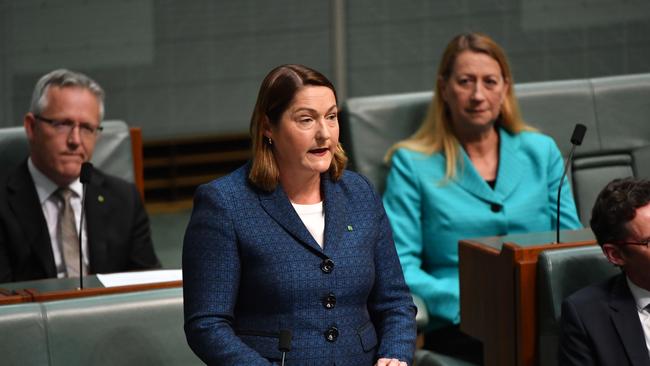
Bianca said the card also made it difficult to pay her rent, buy food from club bistros, fresh food markets and Aldi, as well as vet treatments and second-hand school uniforms for her children.
“I think my kids have a stigma attached to them because of this. They were singled out a bullied a little bit at school because we were in a high socio-economic area,” she said.
“Every fortnight my real estate agent was asking why I was paying my rent late because it would take six days to clear. That reflects extremely badly on me and my rent history. It’s crazy.”
She again complained to Services Australia late last year and was told she had been mistakenly put on the card and was going to be immediately removed.
“It was a major relief. I was in a wheelchair with kids, and it made my life so much easier,: she said.
“The card makes life so hard because they have complete control of your life.”
However, in May this year she was told she had been incorrectly removed from the card and would be placed back on it.
“I was horrified and I couldn’t deal with it. I had to put my carer on the phone,” she said.
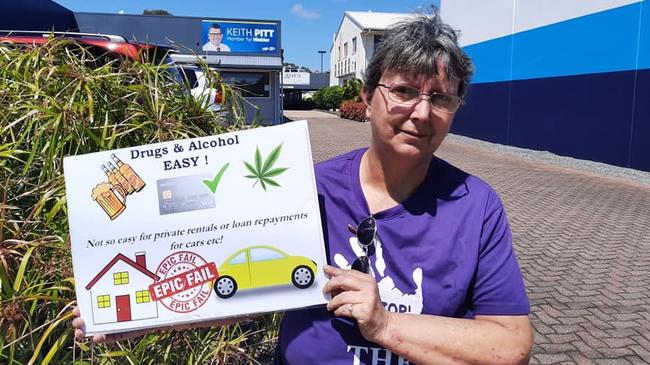
After this phone call, Bianca said she sought help from Gilmore MP Fiona Phillips, with Ms Phillips taking the issue to Question Time at Parliament House in Canberra this week.
Ms Phillips said she was shocked to hear someone from her electorate was on the card.
After approaching Ms Phillips’s office she was soon taken off the card, receiving a letter from Service’s Australia in May.
“I think what Bianca has been through is one of the most cruel situations anyone could go through,” Ms Phillips said.
“It’s really worrisome, and indicative of what is planned for the future of welfare.
“We had to fight to get her taken off the card.
“People on the south coast are really worried about this and worry about the future of anyone on welfare.
“This has opened up a can of worms.”
A spokeswoman for the Department of Human Services said while they cannot discuss personal details of social recipients, the department “takes all feedback seriously and strives to offer social security recipients the highest standards of service but unfortunately there are instances where these standards are not met”.
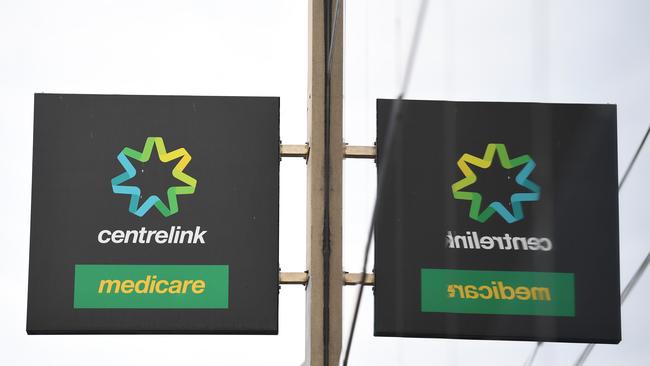
“The Department takes the mental health of people on social security seriously,” they said.
“Cashless debit card participants can apply for a wellbeing exemption if being in the program would put their mental, physical or emotional wellbeing at serious risk of harm.”
The spokeswoman said 212 wellbeing exemptions have been granted so far.
“The department has investigated and is not aware of any hospitals using a television system that is blocked by the card while data reveals that the CDC has been used at more than 12,000 merchants under the category of clothing and footwear.”
They said 20 per cent of income support payments are available to use at online stores to “buy items that are prohibited on the CDC”.
During her ordeal Bianca became an administrator of the Facebook group No Cashless Debit Card Australia, where she met fellow admin Kathryn Wilkes.
“The situation is dire for many women, especially during COVID-19 lockdowns,” she said.
“I hear stories all the time, including one woman with $35,000 stuck on her card.”
The Department of Human Services has been contacted for comment and is yet to respond.


